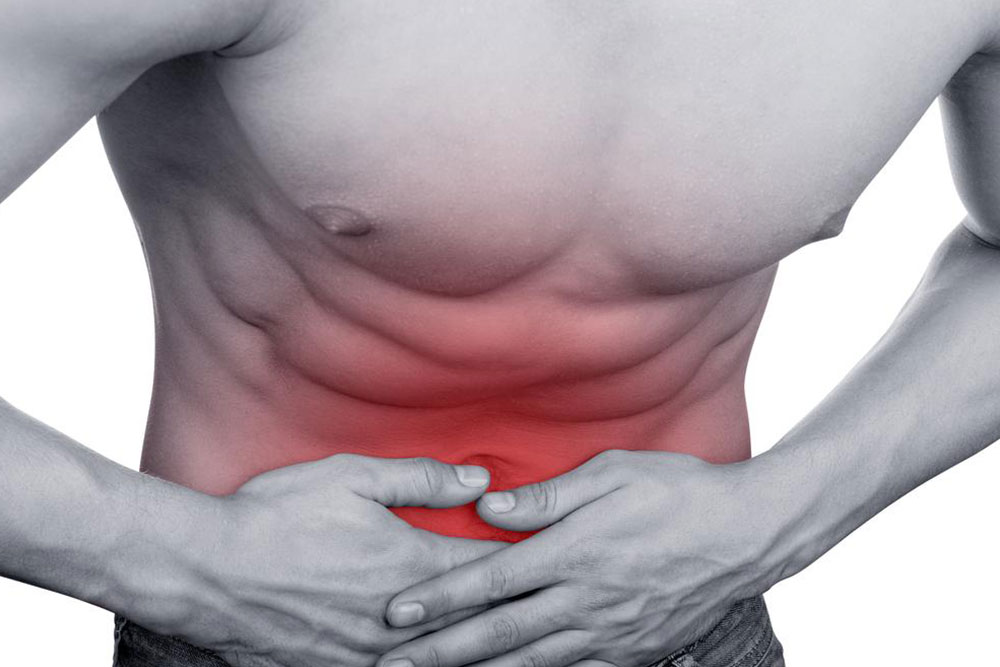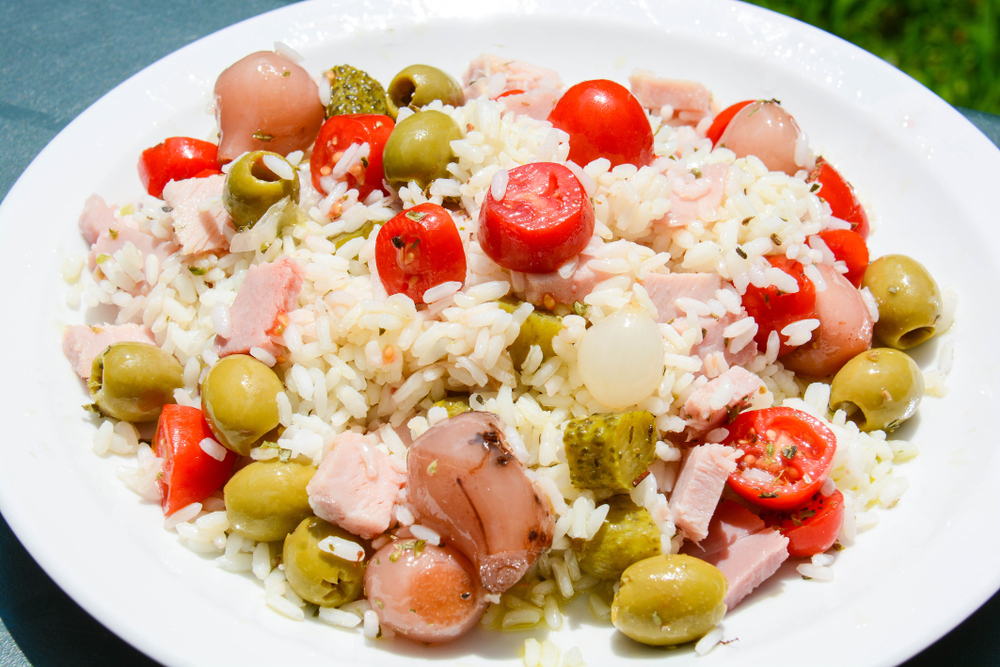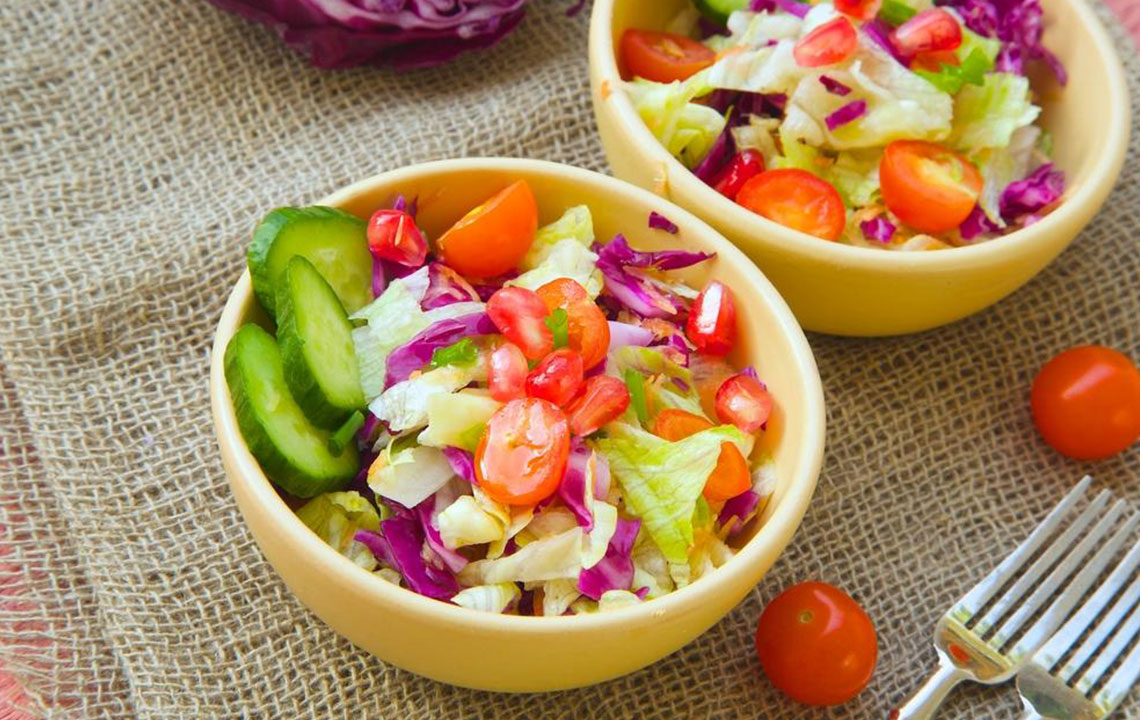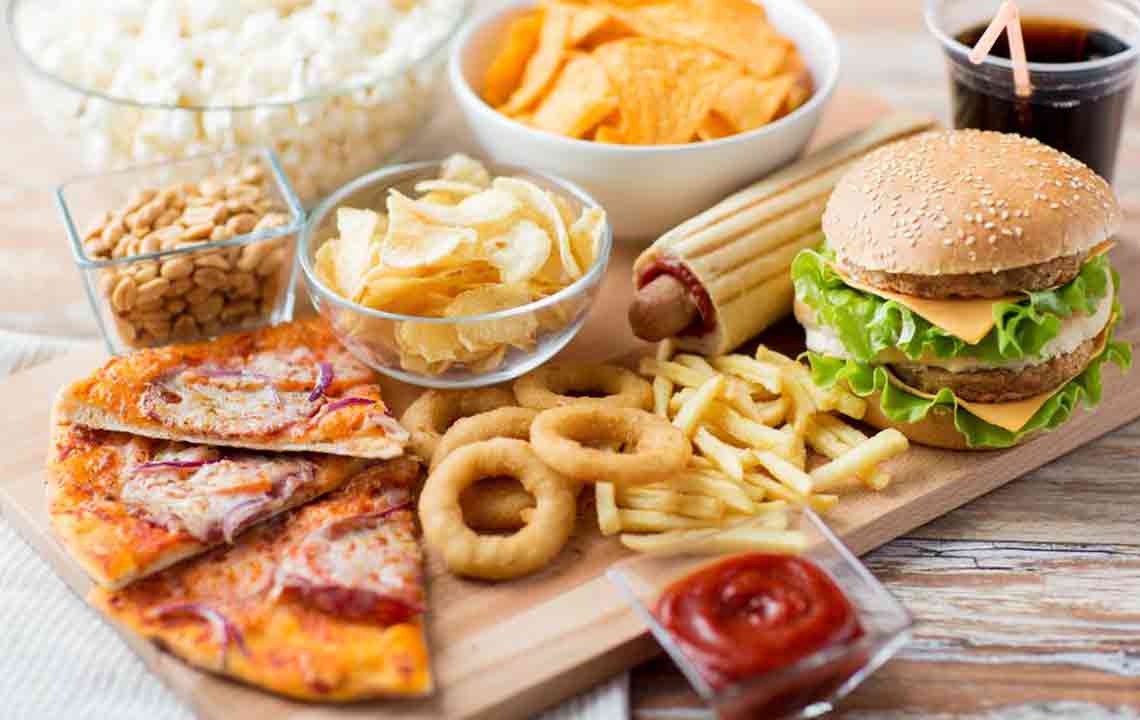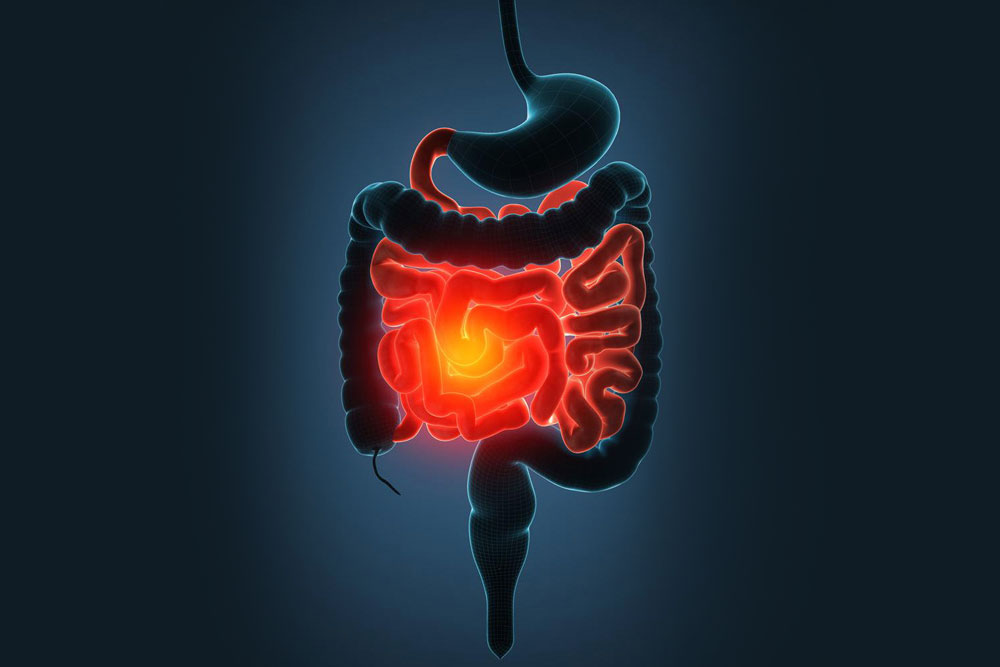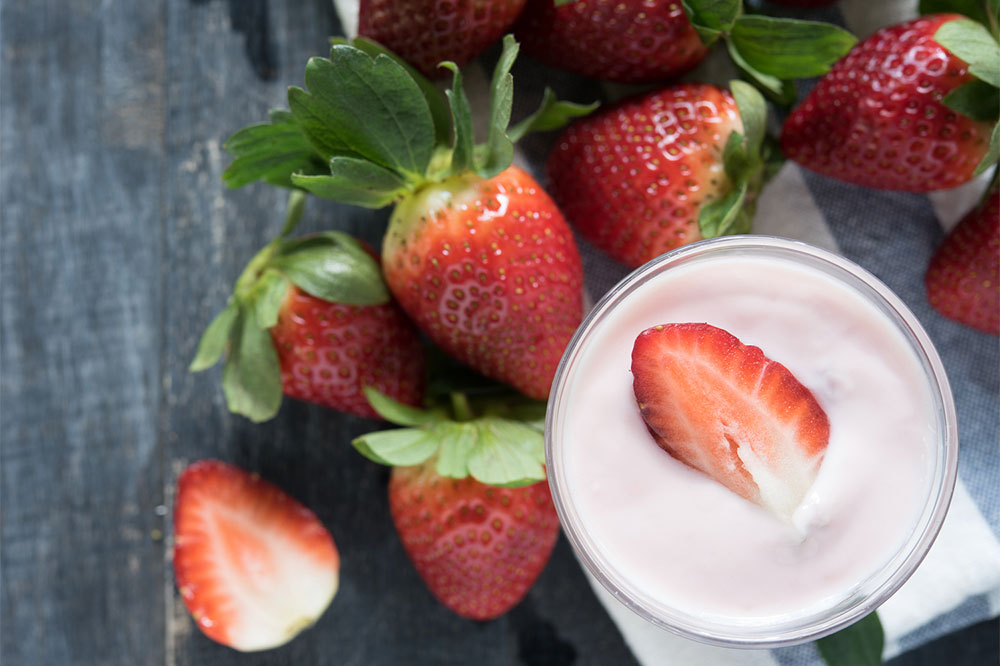Comprehensive Dietary Strategies for Effective Diverticulitis Management
Discover effective dietary strategies to manage diverticulitis, including tips on foods to eat and avoid, gradual dietary transitioning, and lifestyle changes. Proper nutrition is essential for reducing inflammation, preventing flare-ups, and maintaining long-term gut health. Learn how liquid diets, low-fiber, and high-fiber foods can aid in recovery and prevention. Incorporate these comprehensive guidelines into your daily routine for better digestive health and a healthier life.
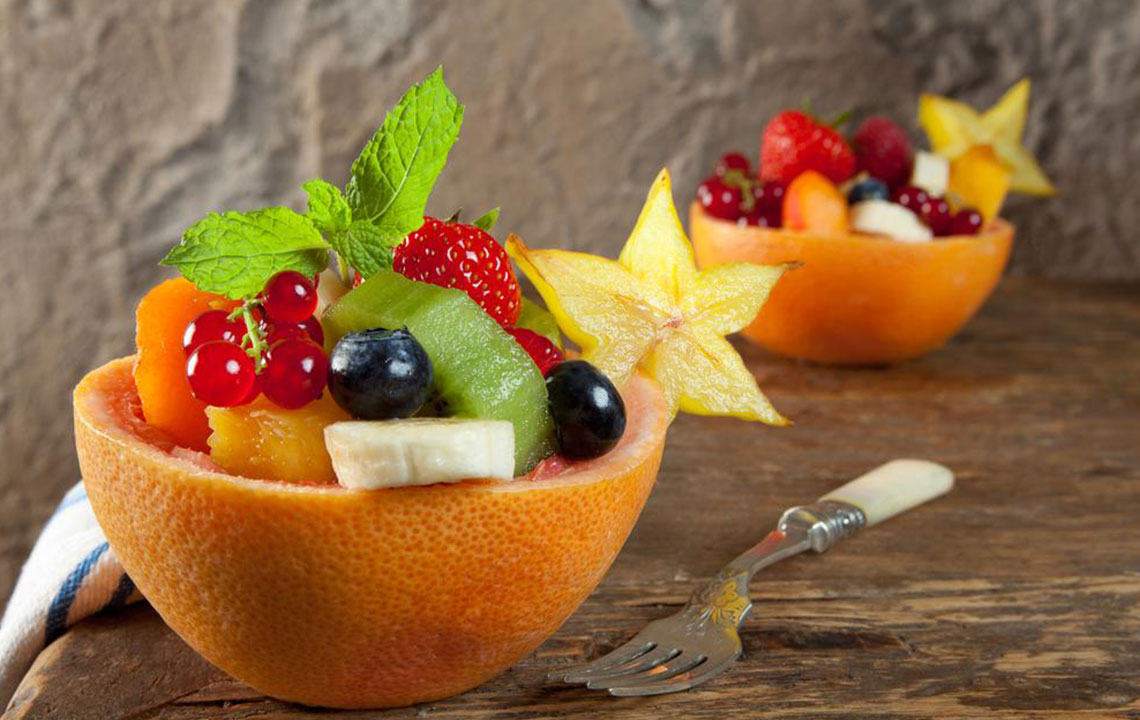
Comprehensive Dietary Strategies for Effective Diverticulitis Management
Diverticulitis is a significant gastrointestinal condition characterized by the inflammation of small pouches known as diverticula that develop within the walls of the large intestine. These pouches form due to weakenings in the intestinal lining, which cause bulges that can become inflamed or infected. Diverticula are most commonly found in individuals over the age of forty, with prevalence increasing with age. While many people with diverticulosis are asymptomatic, the progression to diverticulitis can lead to severe symptoms and complications, including abdominal pain, fever, rectal bleeding, nausea, and changes in bowel habits.
Managing diverticulitis effectively requires a multifaceted approach, incorporating medication, lifestyle changes, and particularly, dietary modifications. Proper nutrition plays a critical role in controlling inflammation, promoting healing, reducing flare-ups, and maintaining long-term gut health. Eating the right types of foods can help rest the digestive system during active episodes and prevent future episodes by strengthening intestinal health over time.
Dietary Guidelines for Diverticulitis Care
During diverticulitis flare-ups, a liquid diet is often recommended to minimize stress on the gastrointestinal tract. Hydration is crucial during this period, with options such as water, clear fruit juices (preferably without pulp like apple or white grape juice), vegetable broths, herbal teas, gelatin desserts, and ice chips. These liquids help soothe the inflamed colon and supply essential fluids that prevent dehydration.
As symptoms improve, a gradual transition to low-fiber foods is advisable. These foods are gentle on the digestive system and include items such as eggs, lean fish, skinless poultry, white bread, refined pasta, cooked vegetables without seeds or skins, and low-fat dairy products like yogurt and milk. This phase allows the colon to heal without excessive stimulation from high-fiber foods.
Once the acute symptoms resolve, incorporation of high-fiber foods becomes important for maintaining gut health and preventing future episodes. Whole grains, fruits, vegetables, legumes, and nuts should be included in daily meals, aiming for a fiber intake of approximately 25-30 grams per day. Examples include oats, brown rice, beans, apples, berries, broccoli, carrots, and whole-wheat bread. These foods help promote regular bowel movements, reduce pressure in the colon, and prevent the formation of new diverticula.
For those struggling to meet fiber targets through diet alone, fiber supplements such as psyllium husk or methylcellulose may be beneficial, but always under the guidance of a healthcare provider to prevent overconsumption or gastrointestinal discomfort. Adequate hydration is necessary when increasing fiber intake to aid digestion and prevent constipation.
Foods to Avoid include seeds, nuts, popcorn, corn, and foods that contain small particle debris which could potentially lodge into diverticula, leading to irritation or infection. Spicy or greasy foods can also exacerbate symptoms and should be limited during flare-ups.
Preventive Measures and Lifestyle Tips
Maintain a high-fiber diet consistently to promote healthy bowel movements and reduce colon pressure.
Stay well-hydrated by drinking plenty of fluids daily.
Avoid smoking, excessive alcohol consumption, and high-fat diets, which can compromise gut health.
Engage in regular physical activity to support digestive health and manage body weight.
Limit or discontinue the use of NSAIDs (non-steroidal anti-inflammatory drugs), which can irritate the gastrointestinal lining.
Don’t delay bowel movements; respond promptly to urges to prevent strain and pressure.
Consult your healthcare provider regularly and adhere to prescribed medication and dietary guidelines for ongoing management.
In conclusion, adopting these comprehensive dietary practices as part of your overall health regimen can significantly assist in managing diverticulitis effectively. Consistency in healthy eating habits, coupled with lifestyle modifications, will help reduce the frequency and severity of flare-ups, supporting long-term gastrointestinal health and improving quality of life.
